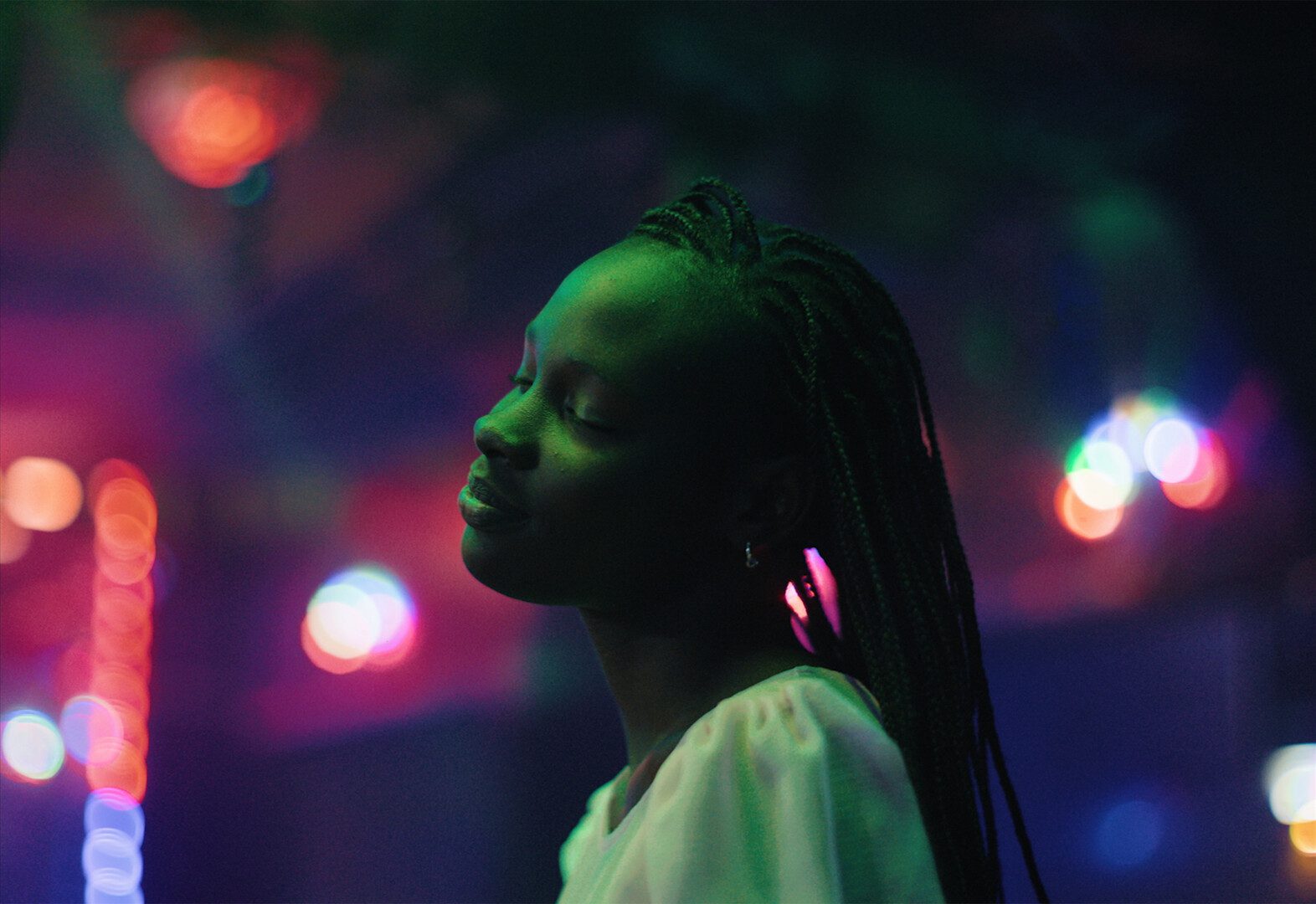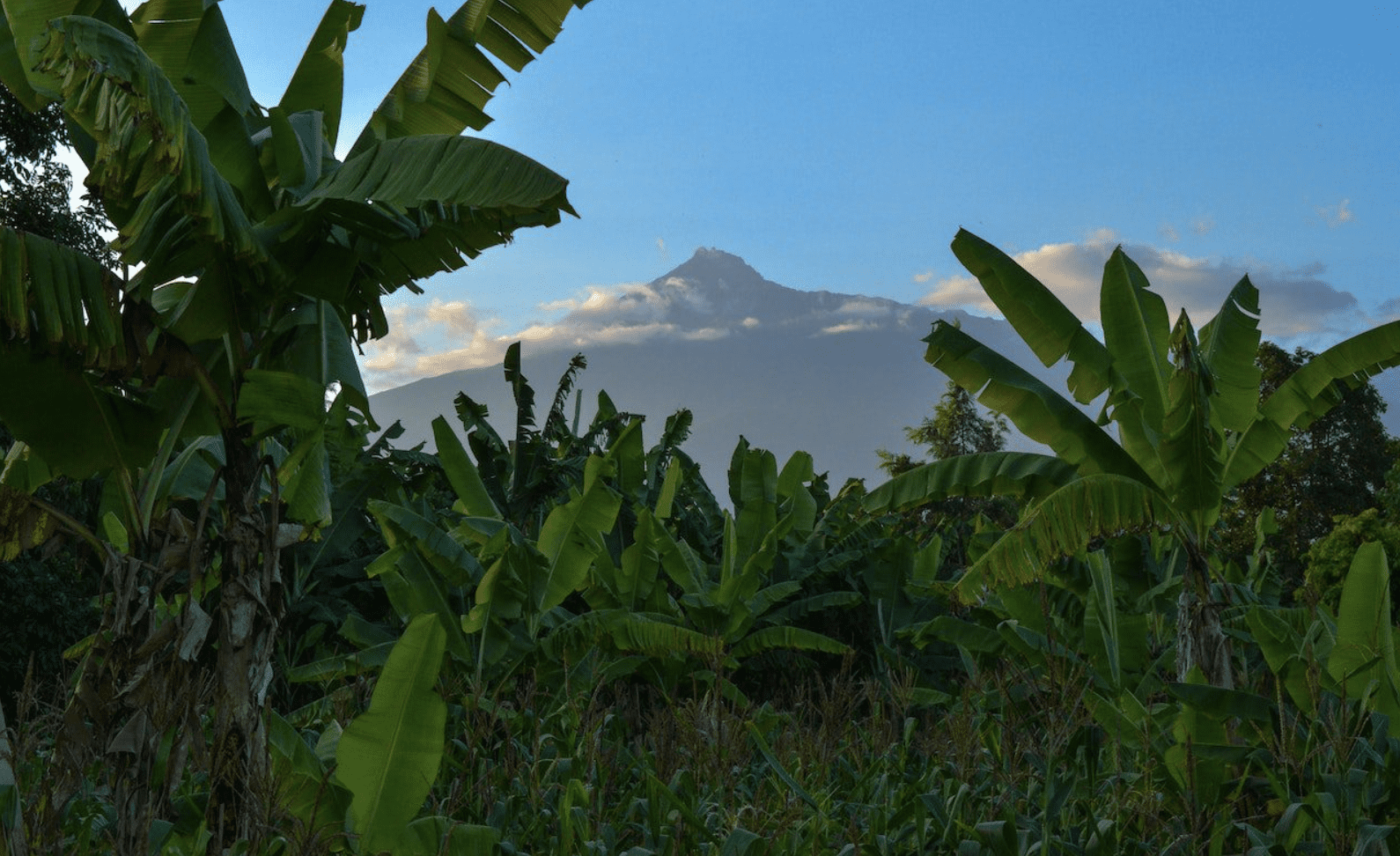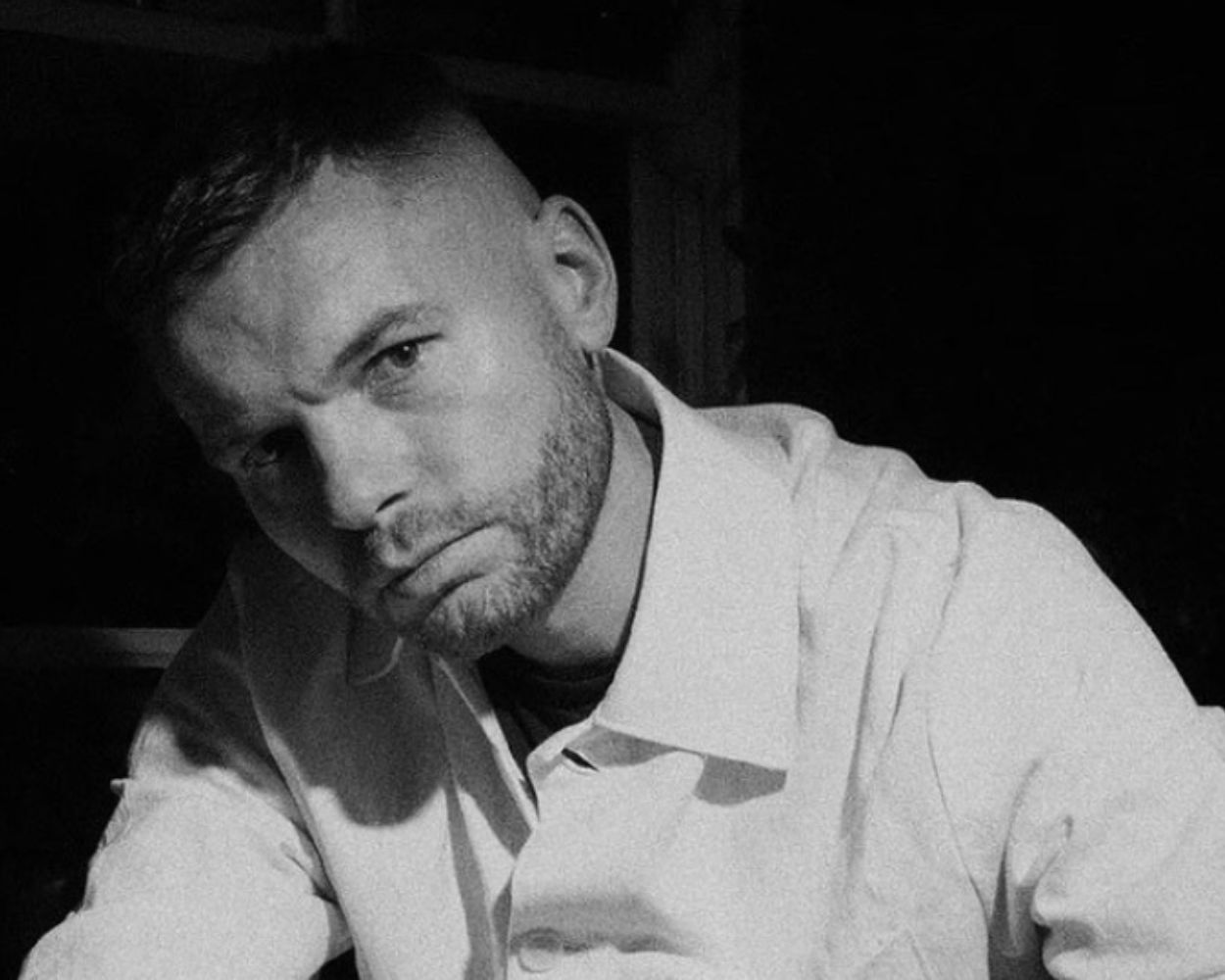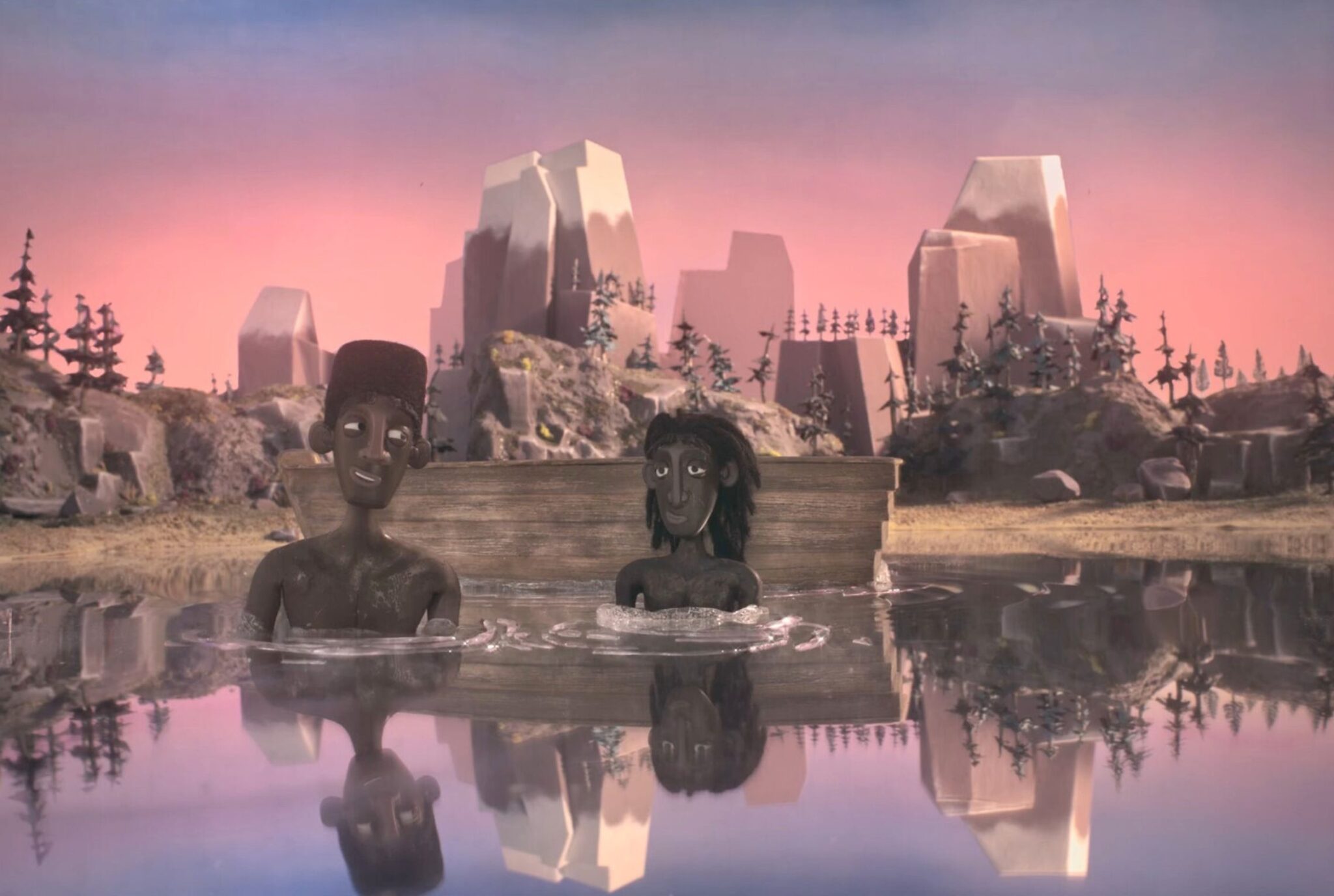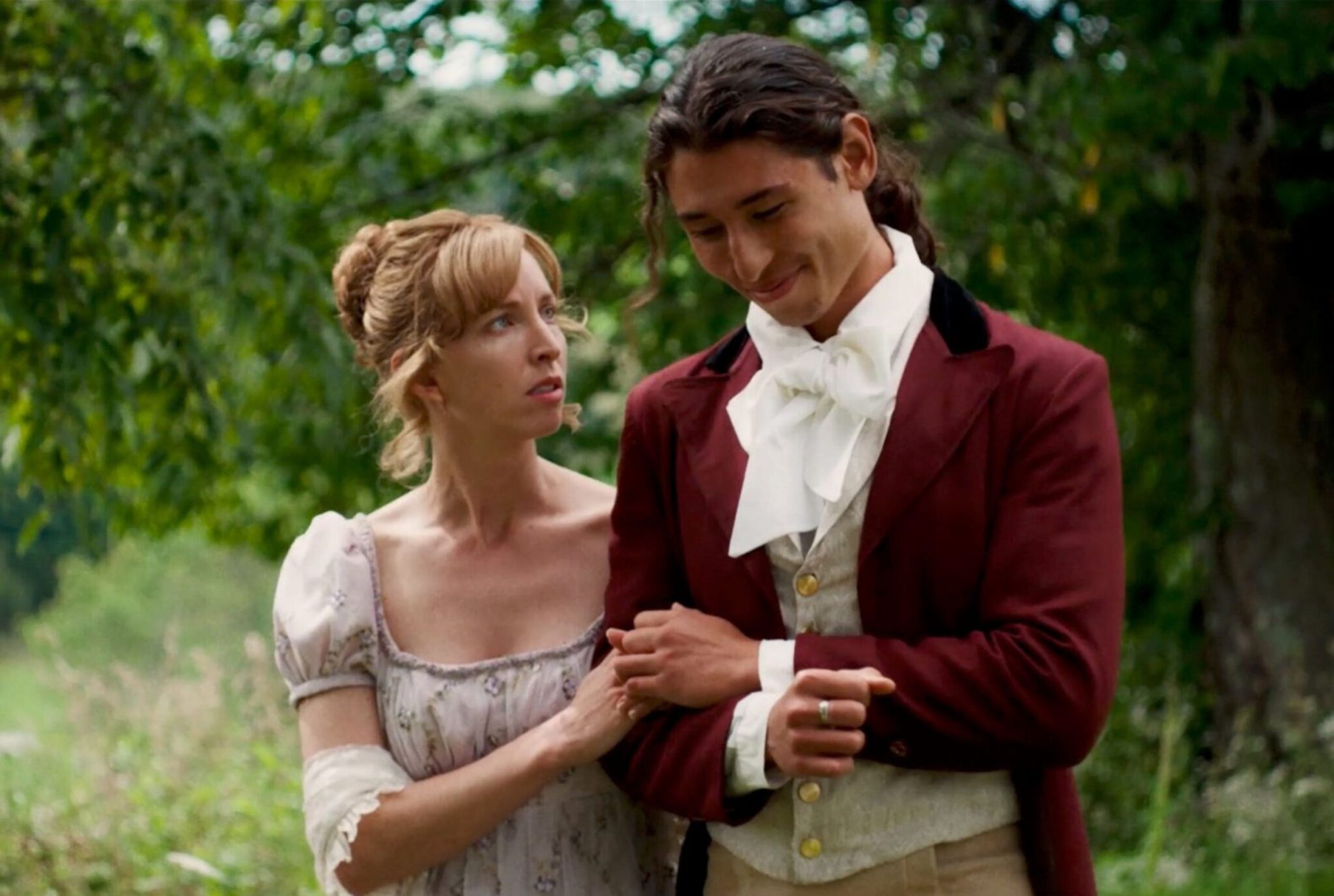Meet the Director of Sabali
According to the United Nations, the global number of international migrants in 2024 was 304 million, a figure that has nearly doubled since 1990. People leave their home countries for a plethora of reasons: fleeing persecution, war or famine; seeking better educational or employment opportunities; or looking to be reunited with family members. Sabali, a music video directed by French filmmaker Valentin Guiod, homes in on the story of one migrant. The film follows Moudou, a young man living in Senegal who decides to leave his life behind and move to a new country. The number of people leaving Senegal is rising, despite the new government promising opportunities for young people. Guiod’s film is a testament to the enduring power of love, which transcends personal circumstances or distance, as the main character travels to be reunited with a loved one. We spoke to the director about the process of creating the project, how he ensured such a complex story was told with sensitivity and nuance, and what it was like to screen at Aesthetica Film Festival 2024.
A: Take us back to the beginning. How did you begin working behind the camera?
VG: The hard work probably began when I was eight – no forced labour I promise, it was my own idea! I remember putting a lot of effort into the action movies that I wrote and directed with my cousins during the holidays, playing all the characters and editing it on Windows Movie Maker. Or spending hours with my best friend creating a stop motion remake of A Clockwork Orange, with an actual orange. The concept was “Fruilms” – films with fruits. Genius… It was the real dawn of my filmmaking career – or its peak – time will tell. And the story repeated again in my early twenties when I met my producer, Hugo Legrand-Nathan. I think we were driven by the same playful desire to craft stories in motion. He gave me the support and freedom to write and direct my ideas and the confidence that it could be an actual job – even when fruits are not involved. A few commercials, music videos, short films, features and TV shows in development later, here we are.
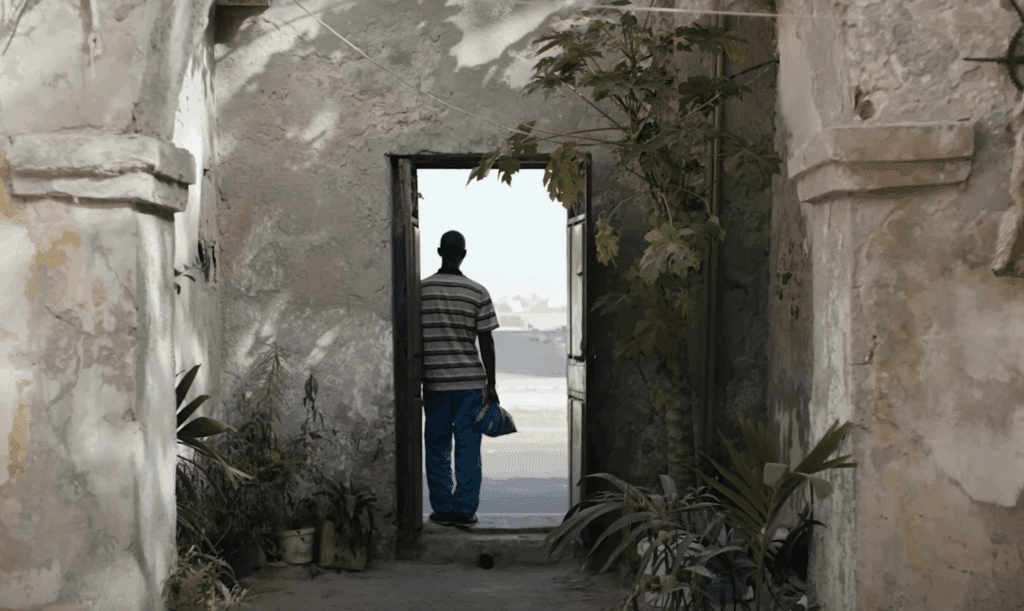
A: Can you describe your creative process? How do you approach a project from concept to completion?
VG: The projects I work on can vary, and this plurality demands that I adapt to them constantly. If I write 30 seconds for TV, or a long-form narrative, my approach may differ, and the timeline required to craft the story won’t be the same. But there is always one similarity: I believe in following my intuition. Whether I’m listening to a track trying to come up with a music video, or developing the plotline for a fiction film, there is always a clear direction that instantly sprouts in my mind. Then, I’ll spend hours brainstorming other ideas, to finally prove it was the best one after all. I believe this is why I became a director, because my approach is always to stubbornly trust my instincts. Until the project is completed, there are thousands of ways to lose focus: bad advice, good advice, developments, money cuts, unavailability, obstacles, or even Covid. I guess in the end, my creative process is as simple as that. Making sure the initial direction is left alive after an epic journey.
A: Patience (Sabali) follows the story of Moudou, a young man living in Senegal who decides to leave his life behind to imagine a different future. Tell us about where this story came from?
VG: This whole adventure started two and a half years ago. This film – like its title – is a story of patience. When DJ Snake came with this beautiful remix of an African anthem from Amadou & Mariam, and with the desire to tell a story that matters emotionally and politically, I felt the urge to fully embrace it. On one hand, DJ Snake is a proud representative of modern North African cultures, and their freshness and audacity. On the other, Amadou & Mariam, who began making music in 1980 and gained worldwide acclaim in the 2000s, were the faces of the emancipation of African music worldwide. I felt this was a big opportunity to create a strong piece about the continent. The original scenario came from the very name of the song, Sabali, which means patience and immortality in Arabic. I wanted to craft a beautiful film about patience, immortal love and the resilience of African youth.
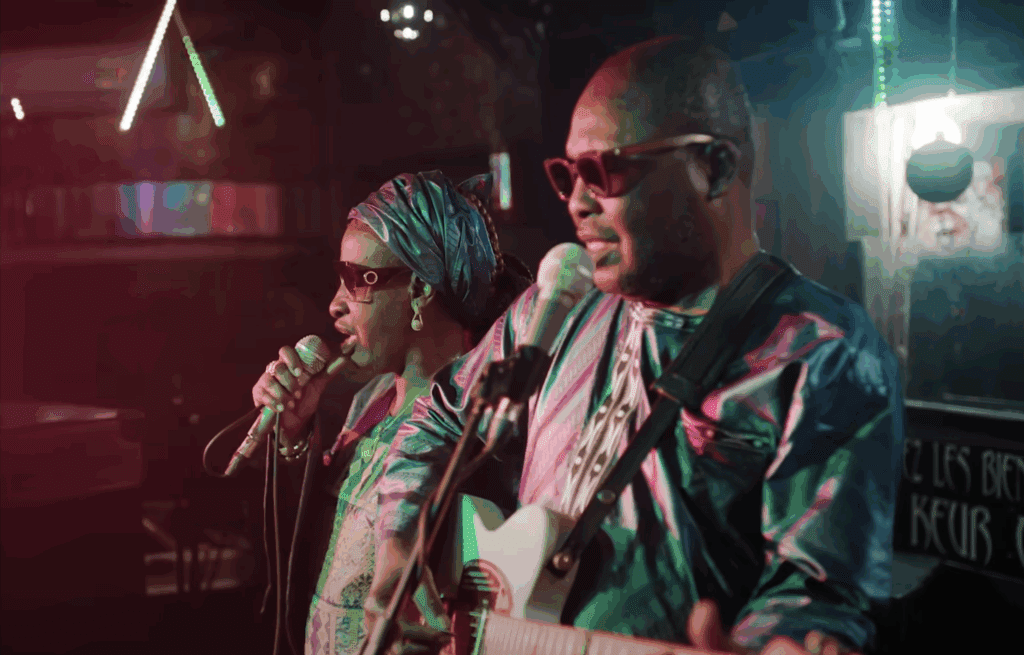
A: The film is 11 minutes long and combines music with moments of silence and pause. What was the process of creating something that pushes the boundaries of the music video genre?
VG: I was given full freedom to make this film as cinematic, raw, human and documentary as possible. I got the chance to cast cinema actors and to gather an artistic crew accustomed to features. We scouted and shot in Senegal for a month in total immersion. It was a beautiful multicultural team, including Astou Films in Dakar, Birth Productions in Paris and 2HORLOGES in Algiers. It’s not very common to be able to develop a 11-minute music short film – allowing silences and rhythmic breaks to help the story unfold in time with the music. We even ended up recomposing the song to fit the narrative. This had such a strong impact on the final result: it is a conceptual and formal process about breaking genre boundaries and borders, following Moudou’s migratory journey – his travels, pauses, hope and battles.
A: Who, or what, are you biggest inspirations?
VG: The starting point for me was reading a beautiful book called Partir et raconter by Mahmoud Traoré, who spent three years trying to reach Europe and then decided to write a testimony about his whole journey. These stories are usually not made accessible, neither in books, nor films, and reading one of them was a turning point in this project. It needed to be told. Then while we were preparing the film, Matteo Garrone’s film Io Capitano (2023) came out and moved me deeply. It was an unapologetic way of showing the reality of migration. I truly believe that things happen for a reason and that my personal family history with Africa shaped my way of approaching this film. I spent a lot of time in Bamako, Mali when I was a teenager, during which time I discovered Malian music like Amadou & Mariam and Ali Farka, and artist Malick Sidibe’s photographs. So when I knew I was going to write for Amadou & Mariam’s music, it just all made sense in a way. I wanted to do justice to their culture, which inspired and gave me so much. What an honour that my world could collide with theirs.
A: How do you ensure authenticity in portraying such a sensitive story on screen?
VG: More than authenticity, I often questioned legitimacy. How can you relate to a pain you haven’t experienced yourself? How can you communicate a reality with so many political and cultural nuances? Why you and why now? As artists, these questions need to emerge, to interrogate our intentions and prevent cultural appropriations – today more than ever. My belief is that poetics is a stronger weapon than politics. Our natural empathy as humans permits a powerful understanding of others and as artists, we just translate it sensitively with a medium.
A: What were the biggest challenges of producing the film?
VG: I seriously can’t see any. The production and co-production created a very careful and collaborative work environment and the smoothest possible process for a filmmaker. Ironically, if there would be one, it would be the patience this project demanded in time. Gathering five-star creatives around the table was a lesson in logistics. The production team deserves a good round of applause for bringing them all to a small island in the middle of Sine Saloum.
A: What do you hope viewers take away from viewing Sabali?
VG: Love. It’s what it’s all about, and what will remain beyond walls and borders, differences and distance – even beyond life. If people are interested in engaging with the theme more practically, they can donate to support charities like SOS Méditerranée in their actions to prevent more lives being lost, giving aid to people in distress at sea who are fleeing conflict, persecution and extreme poverty.
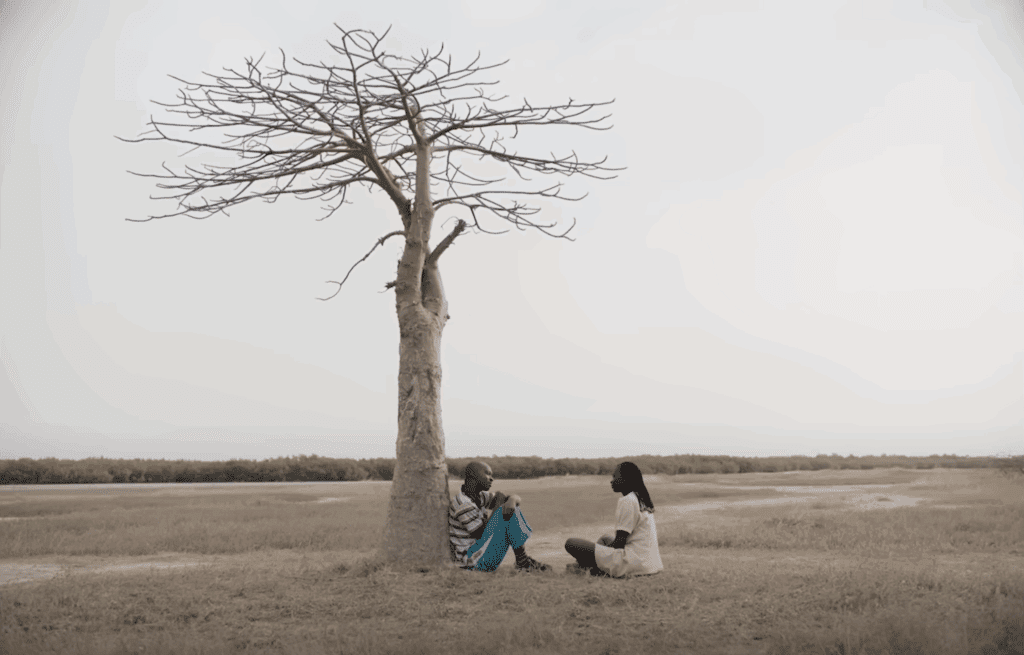
A: Sabali won Best Music Video and Best Cinematography at Aesthetica Film Festival 2024. What was it like being part of the festival?
VG: It was such an unforgettable moment when the film was screened during the closing ceremony. There was a really powerful response from the audience. This was the real reward. Festivals remain a vital platform for short-form pieces to exist, because we make stories for the screen and for the public. I can’t thank Aesthetica Film Festival enough for offering the film this moment and allowing this very first encounter.
A: What’s next? Anything we can look forward to?
VG: I am currently working on several projects with Birth Productions. I’m in the making of Magma, a coming-of-age short film set in the Reunion Island, about the eruption of teenage desires and physical complexes. I’m also writing my first feature Potemkine about dehumanisation and new masculinities within the army, and I’m co-creating a TV show called Fuck,Yes, about sex positivity and new identities. If you want to discover more of me, my first short film Frater is available on Canal+ and is currently travelling to festivals worldwide!
Learn More: Valentin Guiod | Birth Productions
Aesthetica Film Festival runs 5 – 9 November 2025 in York, UK | Tickets Coming Soon




